n Hexane is a clear, colorless liquid has a mild odor and is highly flammable. Thus, handle normal hexane carefully. Overall, the hydrocarbon offers use cases in various industries, from pharmaceuticals and cosmetics to oil and gas production.
Normal hexane dissolves various substances, including oils, fats, and waxes, making it an ideal choice for producing vegetable and botanical oils. Additionally, it aids in the production process of rubber and plastic materials, where it acts as a solvent for the polymerization process and is used to extract natural rubber from latex, which is used to make products such as gloves and balloons.
In the automotive industry, normal hexane is used as a fuel additive to increase the octane rating of gasoline. Further, it's also used in diesel fuel production and as a solvent for removing heavy oil deposits from engines. It also helps produce adhesives, coatings, and sealants, where it dissolve and disperses ingredients evenly. Normal hexane is a powerful and versatile solvent with various industrial and scientific applications.
Our n-Hexane is meticulously manufactured to meet the highest standards of purity. This makes it an excellent choice for industries where precision and consistency are paramount. Whether you're involved in laboratory research, essential oil extraction, or adhesive production, our n-Hexane ensures optimal results. Transparency is a key element of our service. We provide detailed information about the composition and properties of our n-Hexane, empowering our customers to make informed decisions.
Extraction of vegetable oils
n hexane extracts vegetable oils from seeds and nuts by acting as a solvent, making it an ideal choice for food processing and manufacturing industries. The use of normal hexane as a solvent results in high yields of pure oil with minimal impurities, making it a cost-effective and efficient solution for companies seeking to streamline their production processes.
Extraction of essential oils
By acting as a solvent, n hexane effectively extracts essential oils from plants, making it a popular choice for companies in the fragrance and flavor industries. The use of normal hexane as a solvent results in high yields of pure essential oils, with minimal impurities, providing companies with a cost-effective and efficient solution for their production needs. Additionally, the versatility of normal hexane makes it a valuable tool for companies seeking to expand their product lines.
Laboratory solvent
Additionally, normal hexane acts as solvent in laboratory settings for chromatography and other separation techniques. In the lab, it extracts and purifies compounds from natural products and serves as a solvent for chromatography, a technique for separating and analyzing mixtures of compounds. Thus, its low boiling point makes it easy to remove from samples after extraction or purification.
Adhesive production
As a solvent, normal hexane plays a crucial role in the production of adhesives, sealants, and coatings, providing manufacturers with a reliable and efficient solution for their production needs. The use of n hexane in these industries results in high-quality products with superior performance characteristics, making it an ideal choice for companies seeking to enhance the quality and durability of their products.
Rubber production
In the production of synthetic rubber, manufacturers rely on n-hexane as a solvent to achieve high-quality and durable products. By using n-hexane, companies can streamline their production processes and reduce costs while maintaining superior performance characteristics. Moreover, the versatility of n-hexane makes it an excellent choice for companies seeking to innovate and develop new products in the synthetic rubber industry.
Fuel additive
Manufacturers use n-hexane as a fuel additive to boost the octane rating of gasoline, resulting in a cleaner and more efficient fuel. By adding n-hexane to gasoline, companies can enhance the performance of their engines while reducing emissions, making it an ideal choice for environmentally conscious consumers. Furthermore, the use of n-hexane as a fuel additive is a cost-effective solution for companies looking to improve their product offerings without breaking the bank.
Cleaning agent
The electronics and automotive industries utilize n-hexane as a powerful cleaning agent to remove contaminants and improve the performance of their products. With its excellent solvency and low toxicity, n-hexane is a safe and effective solution for companies looking to maintain the quality and reliability of their products. Additionally, the use of n-hexane as a cleaning agent can reduce downtime and increase productivity, making it a valuable tool for companies seeking to optimize their manufacturing processes.
Pesticide production
Pesticide manufacturers rely on n-hexane as a solvent to produce high-quality and effective products. By using n-hexane, companies can ensure that their pesticides are free of impurities and contaminants, resulting in a safer and more reliable solution for farmers and consumers. Furthermore, the versatility of n-hexane makes it an excellent choice for companies seeking to innovate and develop new products in the pesticide industry, allowing them to stay ahead of the competition.
Ink production
Ink manufacturers rely on n-hexane as a solvent to produce high-quality and vibrant inks. With its excellent solvency and low toxicity, n-hexane is a safe and effective solution for companies looking to create inks that are free of impurities and contaminants, resulting in a superior product for consumers. Additionally, the use of n-hexane in ink production can enhance the color and consistency of the ink, making it an ideal choice for companies seeking to create eye-catching and long-lasting prints.
Extraction of pharmaceuticals
Pharmaceutical companies rely on normal hexane as a solvent to extract active ingredients from plants and produce high-quality medications. Companies can ensure that their products are free of impurities and contaminants, resulting in a safer and more effective solution for patients. Furthermore, the use of normal hexane in pharmaceutical production can improve the yield and purity of the active ingredients, making it an excellent choice for companies seeking to create innovative and life-saving medications.
Unlock unparalleled value with our bulk n-Hexane. Simple Solvents offers competitive wholesale pricing for businesses with high-volume industrial needs. Our bulk option ensures a seamless supply chain for your operations, delivering uncompromised purity and efficiency. Choose Simple Solvents for a reliable and cost-effective solution to meet your industrial solvent requirements.
n-Hexane has no regulations to purchase outside of compliance with DOT shipping & complying with your local fire marshal and your commercial insurance policies.
Disclaimer: When purchasing Class 3 hazardous materials, exercise caution due to the presence of flammable vapors. Always ground containers and packaging before use. Ensure proper ventilation to mitigate risks.
Note that some solvents are more volatile than others, so wear appropriate personal protective equipment (PPE). Consult with your fire marshal and commercial insurance provider for safety guidance & usage and storage limit approvals.
These products should be used as intended and in no other unapproved ways. In case of emergency, follow instructions listed on the Safety Data Sheet provided with your order.
All shipping is compliant with DOT regulations for hazardous materials. Quantities over 50 gallons must deliver to a commercial address.
Purchasers must be 21 years of age or older. All orders require signature upon delivery.
n-Hexane Education & Blogs
Benefits of Heptane vs. Hexane vs. Pentane
-
By
Brandon Bahr

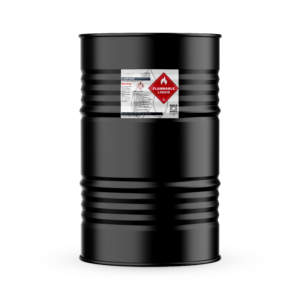
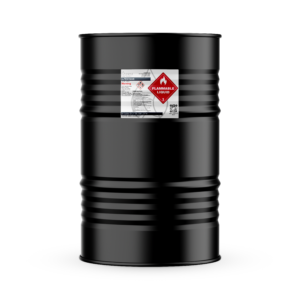
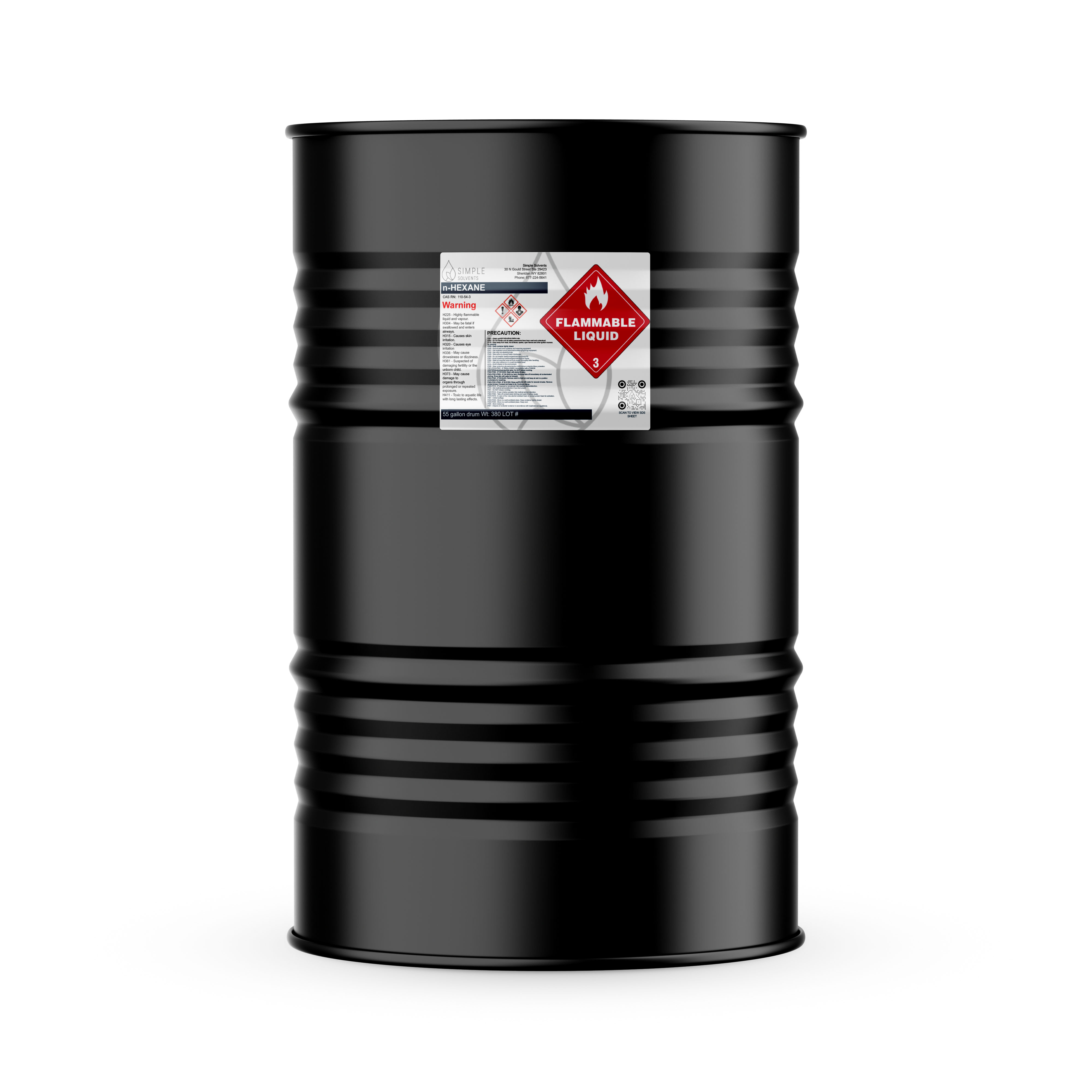

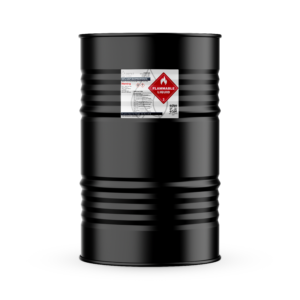
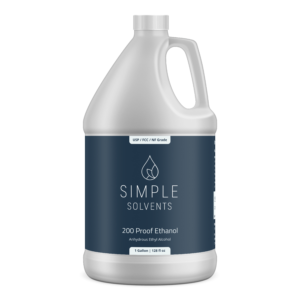
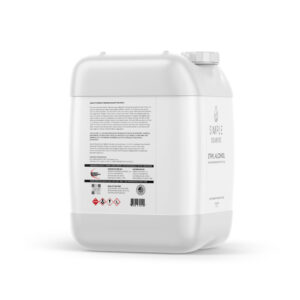
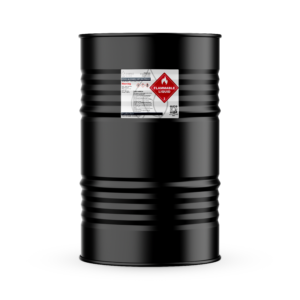
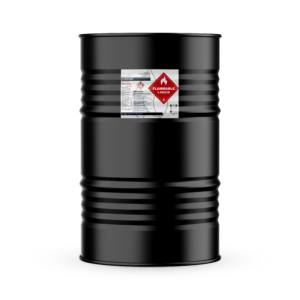
Reviews
Clear filtersThere are no reviews yet.